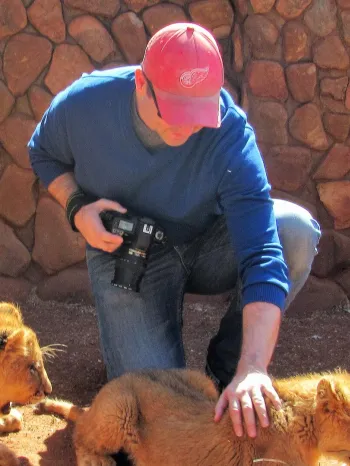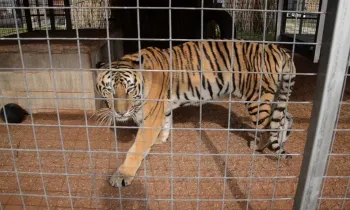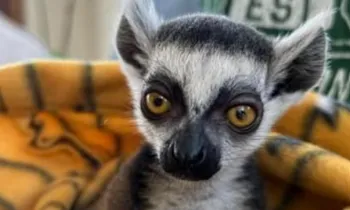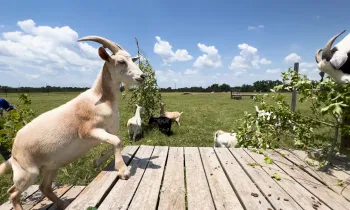When traveling, it’s tempting to buy unique souvenirs or try exotic foods for a memorable experience. But many of these products are part of the wildlife trade—an industry that threatens endangered species, fuels animal suffering, and damages ecosystems. By making informed choices, you can help protect wildlife and stop the demand for cruel practices.
Products and Souvenirs: Think Before You Buy
Before purchasing souvenirs, ask yourself: Was this made from animal products like ivory, bone, shell, fur, or exotic leather? If so, it’s likely that an animal died—and in many cases, entire populations have been devastated to supply tourist markets. Even products made from coral or turtle shell destroy fragile ecosystems. Refusing these items helps reduce demand in the global wildlife trade.
Coral and Marine Life
Coral reefs are home to over 25% of the world’s ocean fish and are among the most biodiverse ecosystems on Earth. Yet millions of pounds of coral are harvested each year for jewelry and aquariums, often by destructive methods that wipe out entire reef communities. Choose reef-safe souvenirs and support marine conservation.
—Sage Swanson, Washington / Featured in the Fall 2020 issue/
Don't buy WILD
The No. 1 way you can protect wildlife is by harnessing the power of your pocketbook. When you support animal-friendly services and avoid those that exploit animals, you are making a difference. Be a compassionate traveler and consumer. Download this guide on how to keep your choices from harming animals.
Fur and Fashion Accessories
Fur in clothing or accessories may be mislabeled or disguised as fake. Trapping and farming animals for fur causes extreme suffering, and even with bans on cat and dog fur in some countries, mislabeled products are still sold worldwide. Avoid fur trim, pom-poms, and other items that may support the wildlife trade.
Ivory and Elephant Poaching
The ivory trade is a leading cause of elephant deaths. Despite bans, illegal ivory markets persist, often using fraudulent paperwork. Buying ivory products fuels poaching and threatens elephant survival—choose cruelty-free, sustainable alternatives.
Exotic Leather and Skins
Items made from snakeskin, lizard, kangaroo, shark, or sea turtle leather may come from poached or farmed animals kept in poor conditions. Labels can be misleading, so avoid exotic leather products altogether to prevent supporting illegal wildlife trade.
Traditional Chinese Medicine (TCM)
Some Traditional Chinese Medicine products contain endangered animal parts like rhino horn, tiger bone, or bear bile. These practices involve poaching and long-term animal cruelty. Opt for herbal or synthetic alternatives to protect wildlife.
Turtle Shell Products
Hawksbill sea turtles are critically endangered, yet their shells are still sold illegally for jewelry and trinkets. Avoid purchasing tortoiseshell items to help stop this trade.
Exotic Foods and Bushmeat
Ordering exotic dishes like shark fin soup, bushmeat, whale meat, or dolphin meat supports industries that are cruel, unsustainable, and often illegal. These practices harm endangered species, spread zoonotic diseases, and damage ecosystems. Choose sustainable, plant-based, or responsibly sourced meals instead.
The Exotic Pet Trade
The exotic pet trade is a multi-billion-dollar industry that captures millions of wild animals each year for sale as pets. From parrots to reptiles to primates, these animals endure immense stress, injury, and death during capture and transport. Those who survive often suffer in captivity. Buying a wild-caught animal—even to “rescue” it—only fuels demand and encourages more wildlife trafficking.
How You Can Help
- Say no to souvenirs made from animals or wildlife products.
- Avoid exotic pet purchases—support adoption of domesticated animals instead.
- Skip exotic dishes that may contain endangered species.
- Report wildlife trade activity to local authorities.
- Share information to raise awareness among other travelers.
Help protect wildlife and keep all animals safe
By making a donation today, you can help Humane World for Animals International combat the wildlife trade around the world



